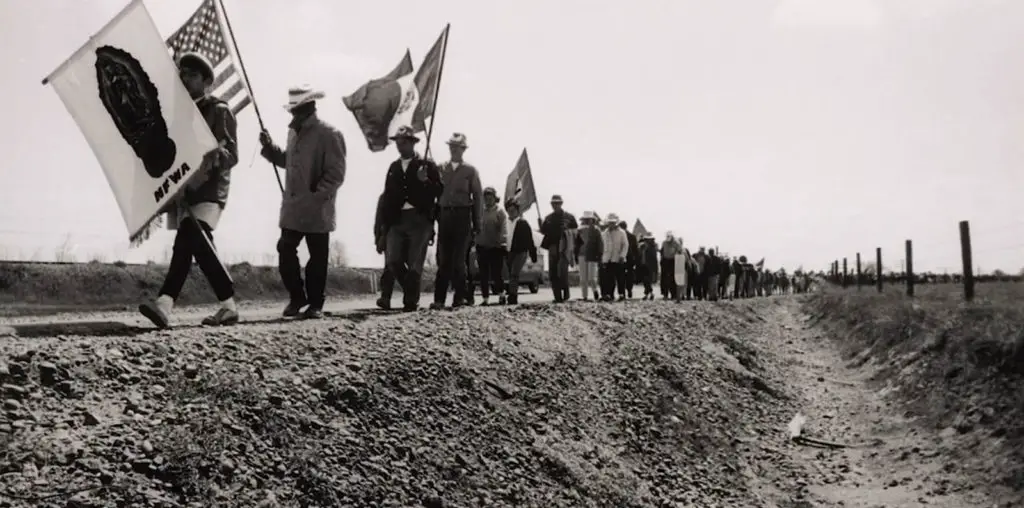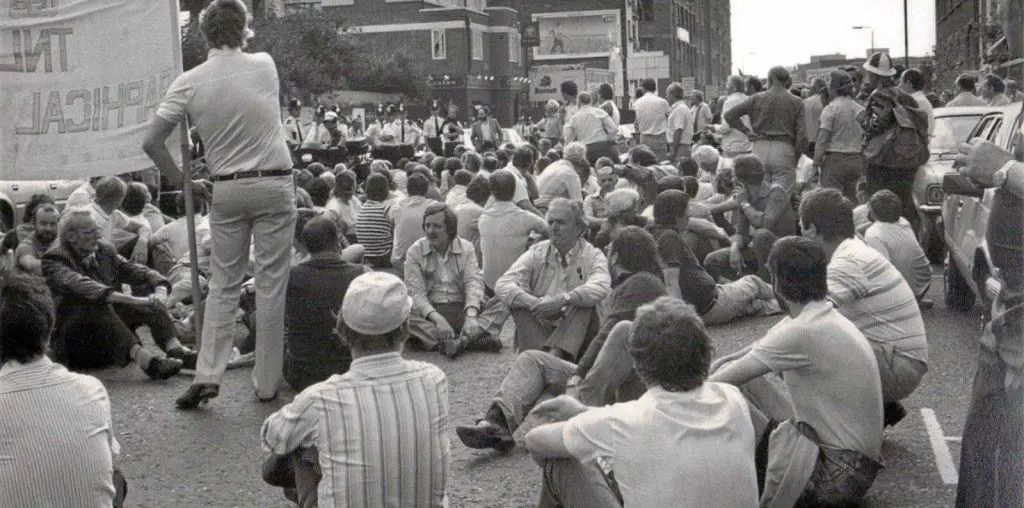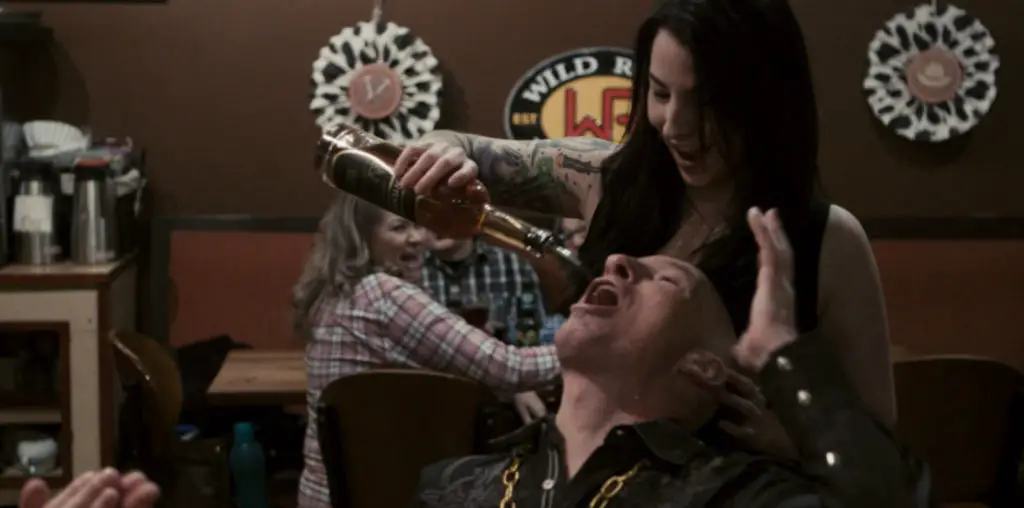
But as a piece of engaging art — even by the standards of the time — The Wobblies is shoddily edited, poorly paced, and relies too much on the IWW rally songs from the period to tell its story. The songs (which appear to be sung by select interviewees and the filmmakers) always play out in their entirety. This isn’t an inherently poor decision. Sometimes they’re accompanied by painted recreations of key strikes. Other times photographs and archival footage are used to give us some grounded context for why the lyrics are what they are. But usually, when a new song starts, the storytelling grounds to a halt until it finishes — like a poorly written musical.
This creative decision baffles me somewhat, as Bird and Shaffer are not lacking for material to continually build up the story. But this adherence to the rally songs immediately informed me that pacing and concise conveyance were going to be an issue — even during the opening credits, which take multiple minutes to showcase the names and faces of all of the interviewees. This avalanche of information is presented in a manner that suggests the audience should be taking notes. It’s as if we were all taking a graduate class on the subject.
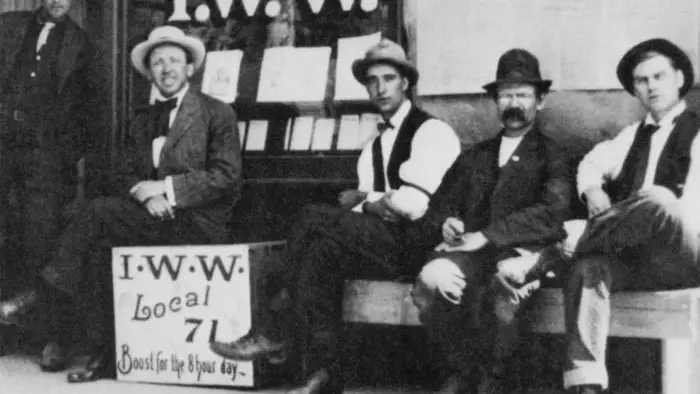
“…moments that clearly exhibit the filmmakers’ talents for evocation…”
There are moments that clearly exhibit the filmmakers’ talents for evocation, especially when weaving ambient sounds and background voices to give credence to the interviews and recreation images. If Bird and Shaffer want us to feel a particular emotion, they manage to thoroughly hammer their intent through their design aspects, especially the musical score. But The Wobblies constantly peaks and chasms, leaving a fairly uneven final experience which is considerably less than its parts.
It’s easy to see why The Wobblies was accepted into the National Film Registry in 2021 and why it is receiving a re-release. It is an essential document of a time that most people nowadays will only possess a cursory knowledge of. Some may even outright dismiss the era’s effect on modern relations between workers, bosses, and governmental bodies. While I recommend that everyone check this out for the knowledge it contains, I would also be remiss in my duties to not include that watching it will seem more of a slog through tedium than a journey through heartache and social revolution.
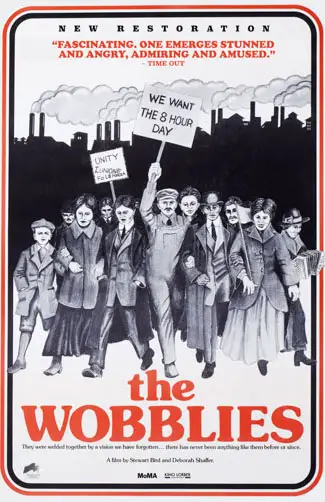
"…an important archive of the victories and defeats of the early labor movement."
